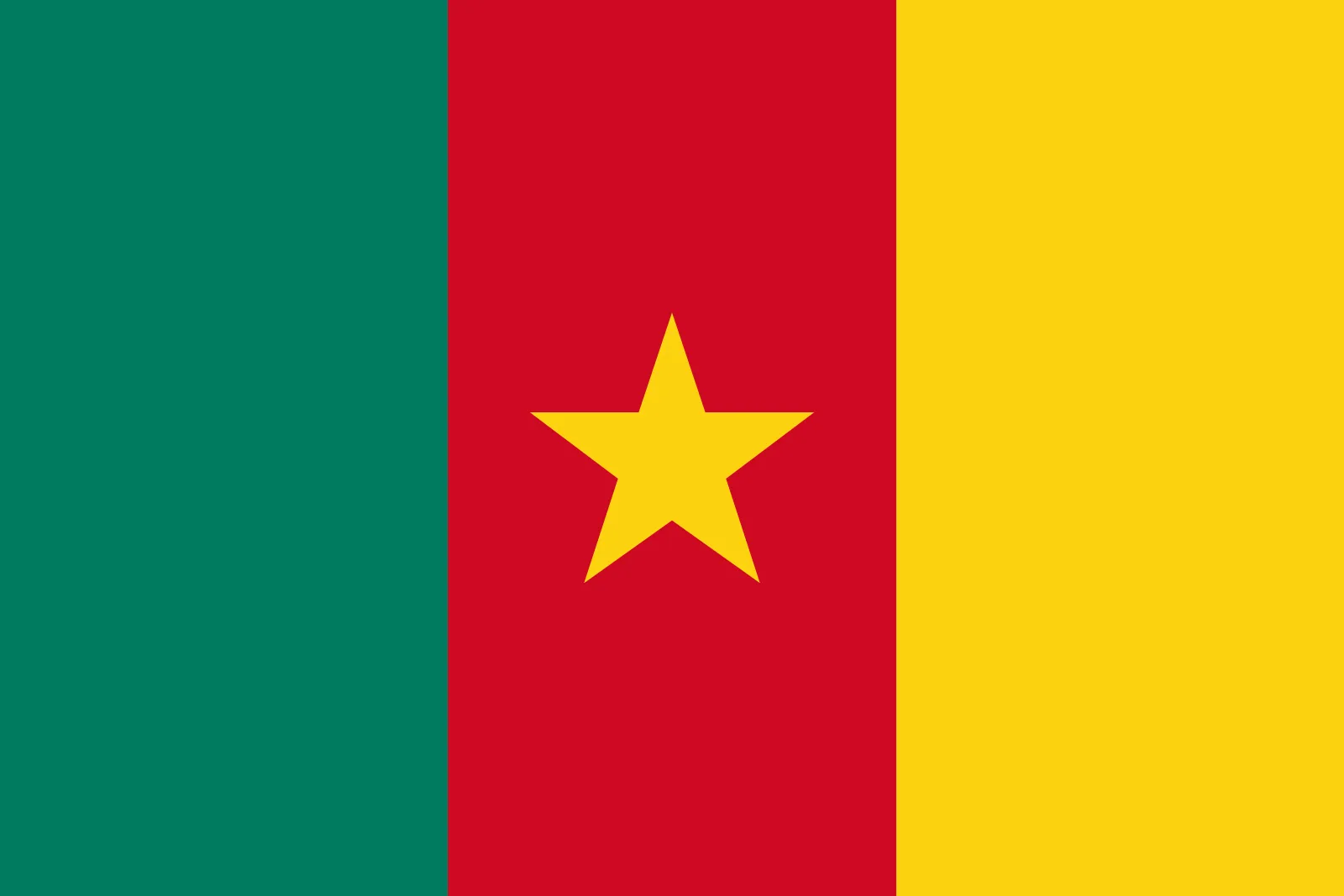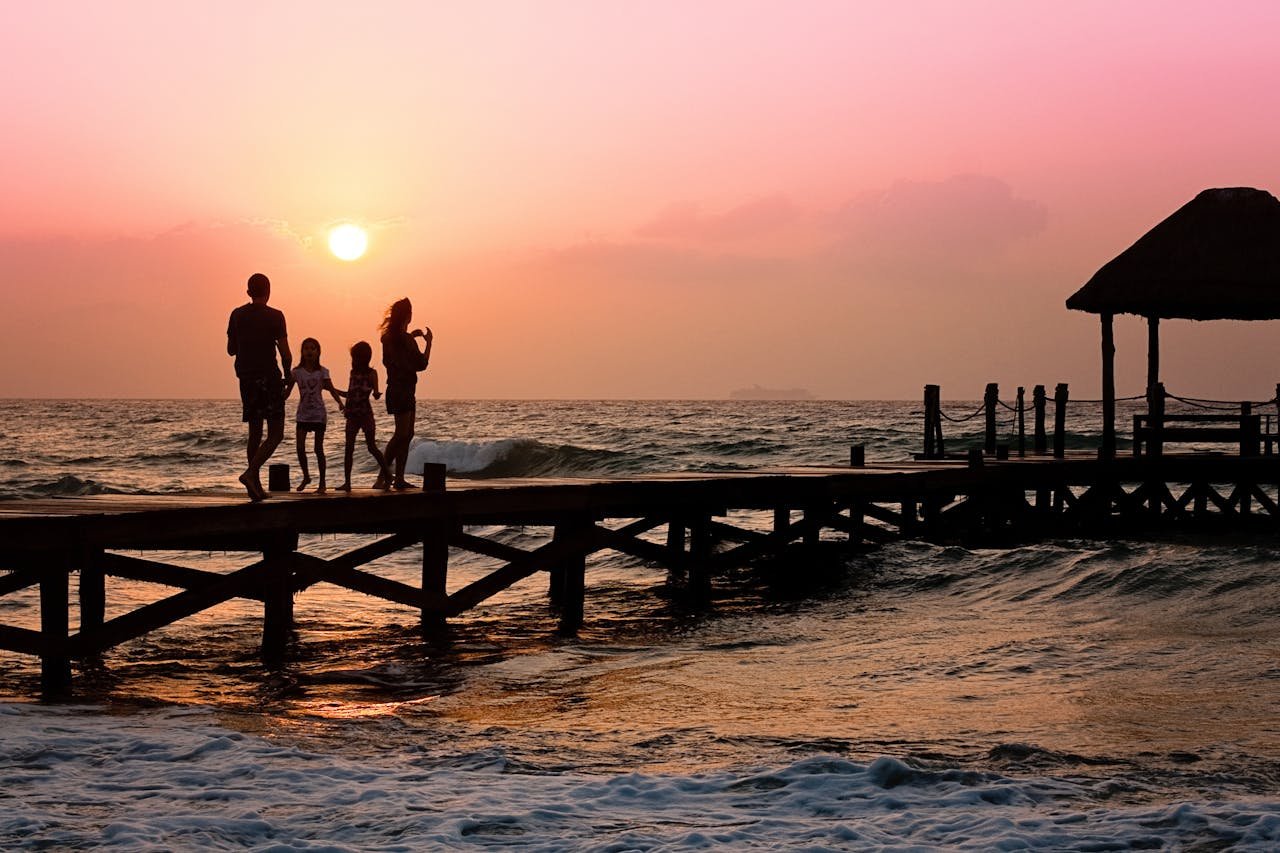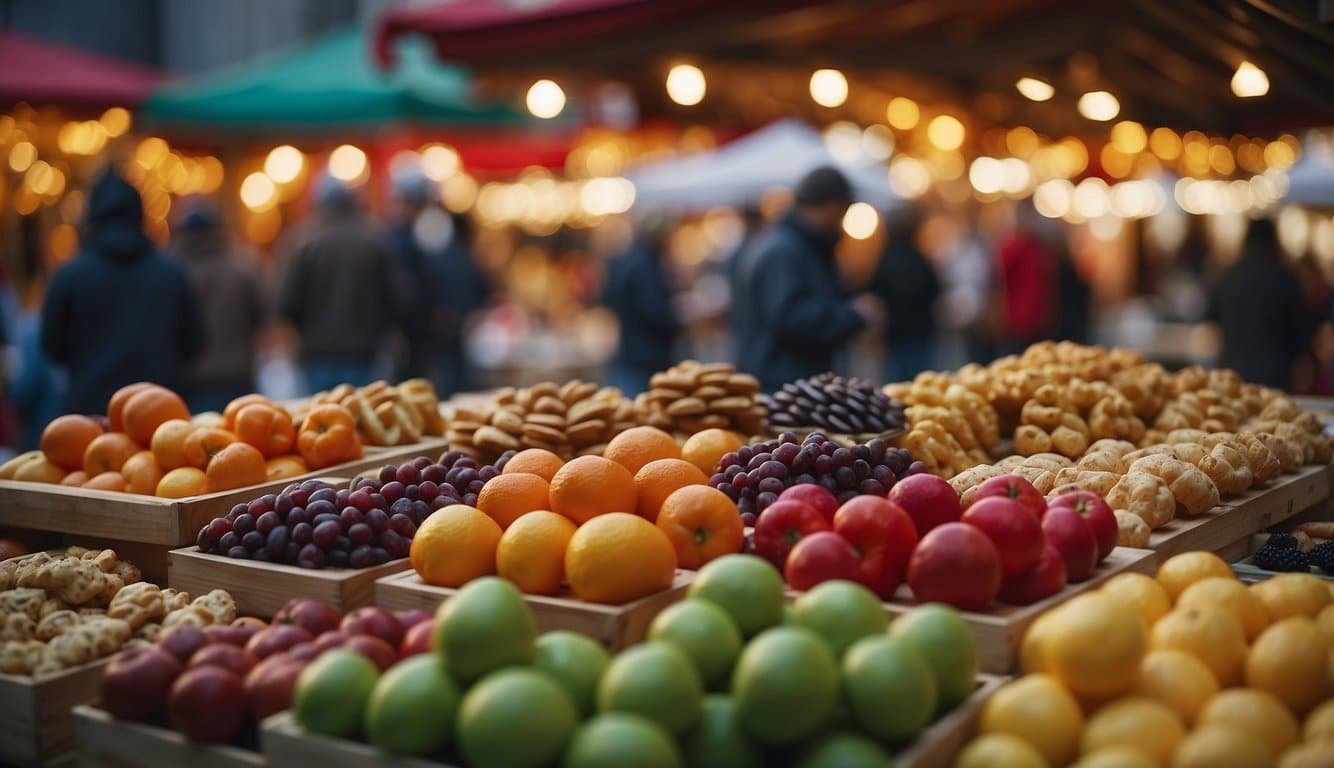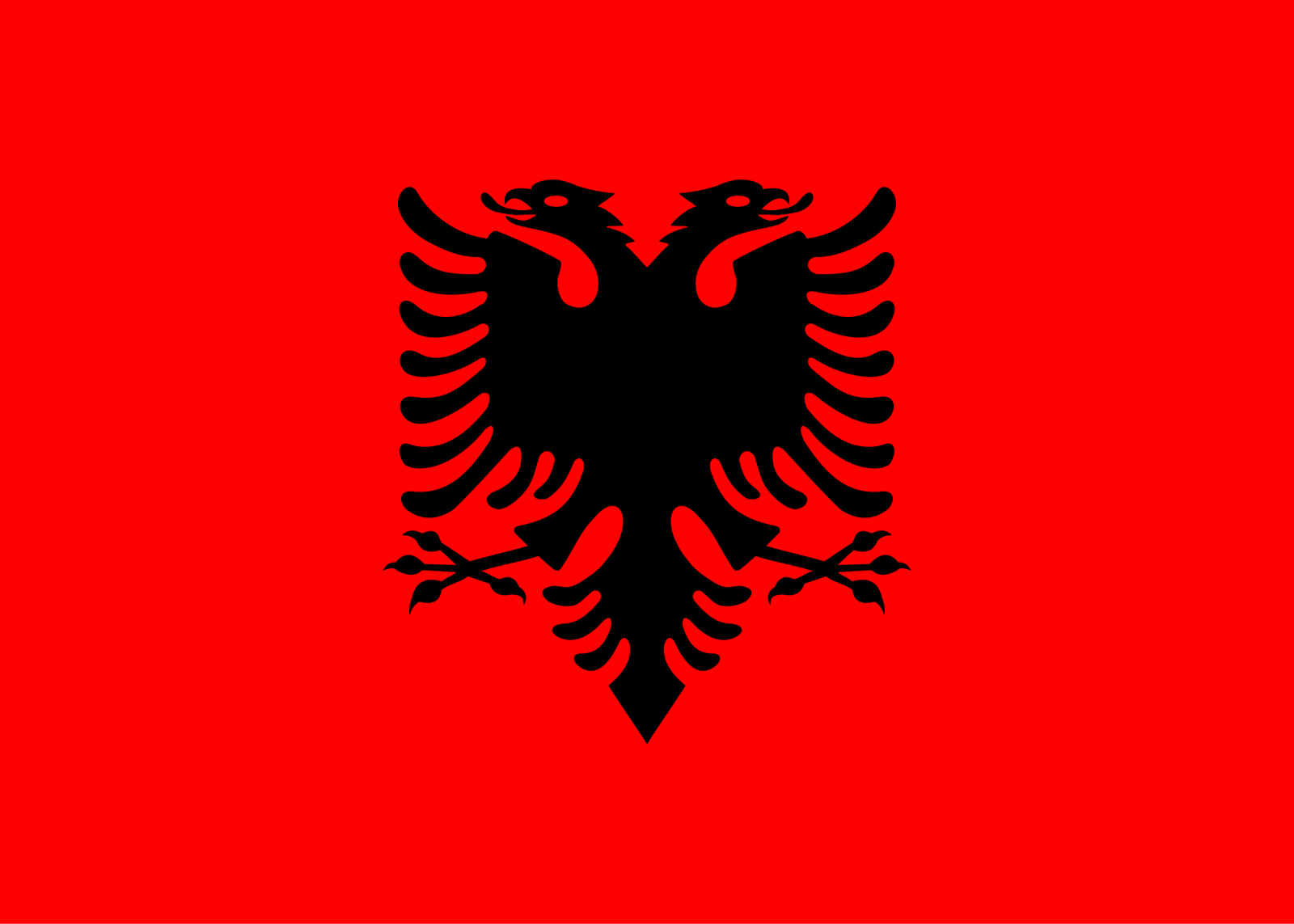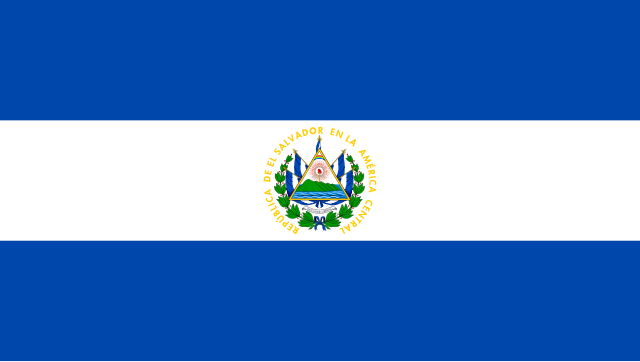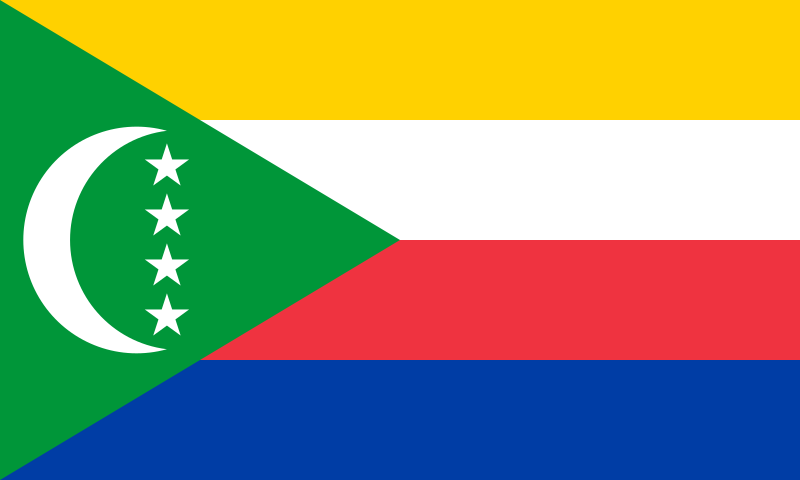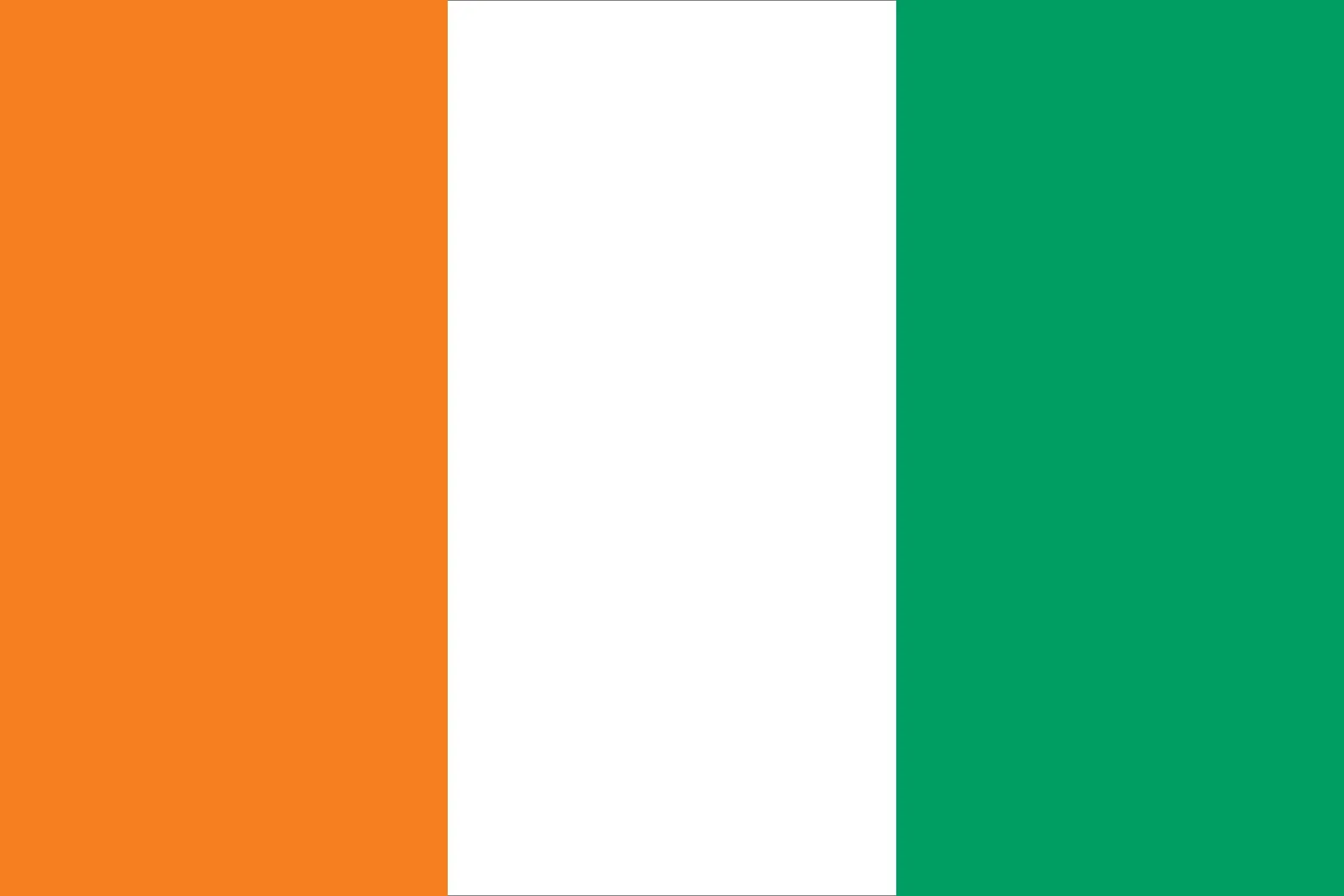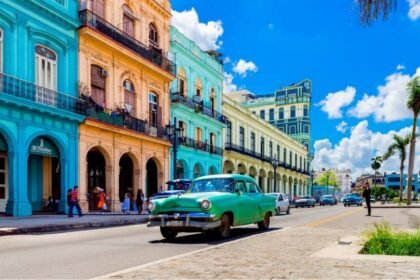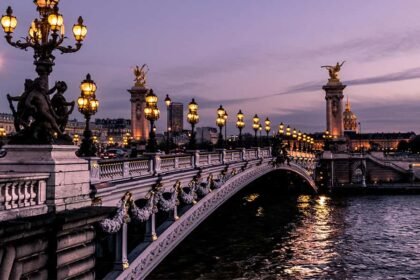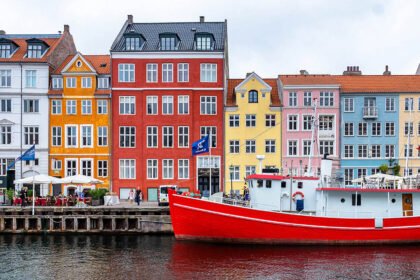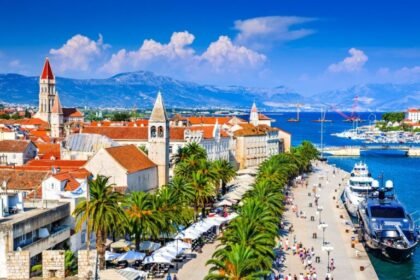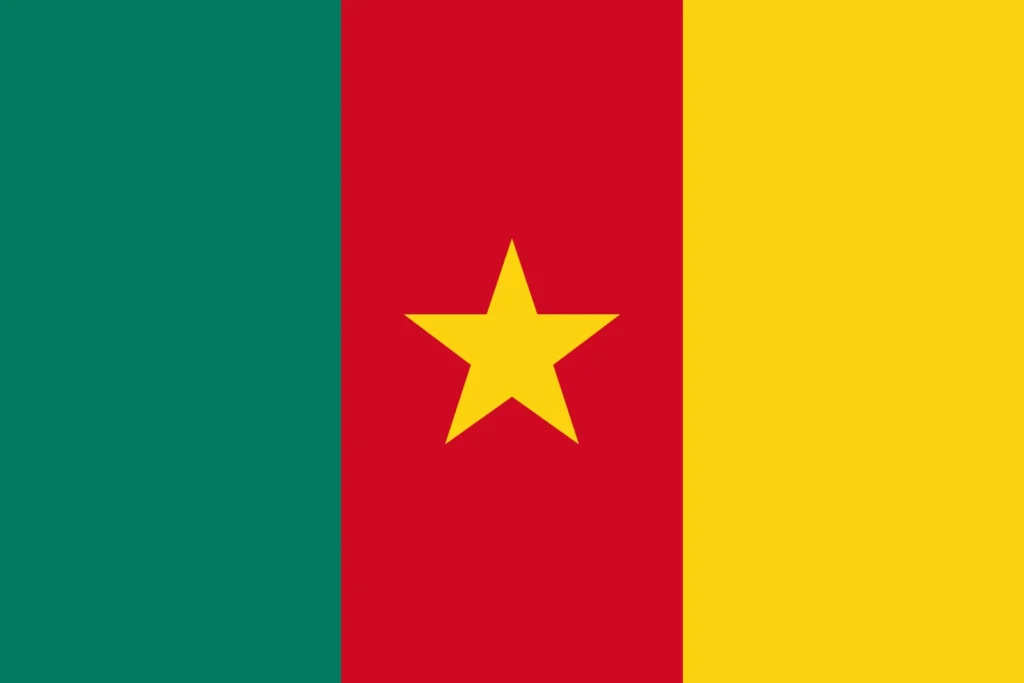
Cameroon, often referred to as “Africa in Miniature,” is a country that truly lives up to its nickname. Located at the crossroads of West and Central Africa, Cameroon boasts a remarkable diversity of landscapes, cultures, and wildlife. From lush rainforests and savannahs to bustling cities and traditional villages, Cameroon offers travelers a microcosm of the entire African continent. This article provides an overview of Cameroon, including its history, culture, top destinations, and practical travel tips.
1. A Glimpse into Cameroon’s History
Cameroon’s history is a rich tapestry of ancient kingdoms, colonial rule, and post-independence challenges.
- Pre-Colonial Era: Before the arrival of Europeans, the area now known as Cameroon was home to various ethnic groups and powerful kingdoms, such as the Sao civilization in the north and the Bantu-speaking groups in the south. These societies were engaged in trade, agriculture, and craftsmanship, with intricate social structures and rich cultural traditions.
- Colonial Period: The Portuguese were the first Europeans to explore the coast in the 15th century, naming the region “Rio dos Camarões” (River of Prawns), which eventually became Cameroon. The country later became a German colony in 1884, known as Kamerun. After Germany’s defeat in World War I, Cameroon was divided between the French and the British under a League of Nations mandate. French Cameroon gained independence in 1960, followed by the British-administered southern part in 1961, leading to the formation of the Federal Republic of Cameroon.
- Post-Independence: Since gaining independence, Cameroon has been relatively stable compared to its neighbors, though it has faced political challenges, including issues related to the Anglophone regions’ quest for greater autonomy. Despite these challenges, Cameroon has made significant strides in economic development and regional integration.
2. Cameroon’s Cultural Diversity
Cameroon is a melting pot of over 250 ethnic groups, each with its own language, traditions, and customs.
- Language: Cameroon is officially bilingual, with French and English as the official languages, reflecting its colonial history. In addition, there are numerous indigenous languages spoken across the country, including Fulfulde, Ewondo, and Duala. Understanding basic French or English will be very useful for travelers.
- Religion: Christianity is the dominant religion, with a significant Muslim minority, particularly in the northern regions. Traditional African religions are also practiced, often blended with Christian or Muslim beliefs.
- Music and Dance: Music and dance are integral to Cameroonian culture. Traditional music varies widely across regions, with instruments like the balafon (a wooden xylophone), drums, and flutes playing central roles. Makossa and Bikutsi are popular modern music genres that originated in Cameroon and have gained international recognition.
- Cuisine: Cameroonian cuisine is as diverse as its culture. Staple foods include plantains, cassava, yams, and maize, often accompanied by spicy sauces and stews. Popular dishes include ndolé (bitterleaf stew with nuts and fish or meat), achu soup (a yellow soup made from cocoyam), and jollof rice, which is a favorite across West Africa.
3. Currency and Practical Information
The official currency is the Central African CFA franc (XAF), which is also used by several other countries in the region. ATMs are available in major cities, and credit cards are accepted in some establishments, but cash is recommended for transactions in rural areas.
4. Best Time to Visit Cameroon
Cameroon’s climate varies by region, but it generally has two main seasons:
- Dry Season (November to February): This is the best time to visit Cameroon, especially for outdoor activities and wildlife viewing. The weather is cooler and drier, making it ideal for exploring national parks and hiking.
- Rainy Season (March to October): The rainy season can be quite intense, particularly in the southern regions. Travel can be challenging due to muddy roads, but this season offers lush landscapes and fewer tourists.
5. Top 5 Destinations in Cameroon
Cameroon offers a wide array of attractions, from natural wonders to cultural landmarks.
1. Mount Cameroon
Mount Cameroon, also known as Fako, is the highest mountain in West Africa, standing at 4,095 meters. It’s a popular destination for hikers and adventure seekers. The annual Mount Cameroon Race of Hope attracts athletes from around the world to race up and down this active volcano.
2. Waza National Park
Located in the Far North region, Waza National Park is one of Cameroon’s premier wildlife reserves. The park is home to elephants, lions, giraffes, and a variety of bird species. The dry season is the best time to visit, as animals gather around water sources, making them easier to spot.
3. Douala
Douala is Cameroon’s largest city and economic hub, known for its vibrant markets, lively nightlife, and rich cultural scene. The Douala Art Museum and Marche des Fleurs are must-visit spots. The city also serves as a gateway to the coastal beaches of Kribi and Limbe.
4. Yaoundé
Yaoundé, the capital city, is built on seven hills and offers a blend of modern and traditional attractions. Key sites include the National Museum of Yaoundé, which showcases Cameroon’s history and culture, and the Mvog-Betsi Zoo, where you can see native wildlife.
5. Bafoussam
Bafoussam, located in the Western Highlands, is known for its cooler climate and rich cultural heritage. The region is home to the Bamileke people, who are famous for their intricate traditional architecture and colorful festivals. The nearby Chefferie de Bandjoun is one of the most important traditional kingdoms in Cameroon.
6. Things to Do in Cameroon
Cameroon offers a variety of activities for different interests:
- Explore Traditional Villages: Visiting traditional villages like those in the West and North regions allows you to experience Cameroon’s cultural heritage up close. You can witness traditional ceremonies, crafts, and local cuisine.
- Wildlife Safaris: In addition to Waza National Park, Cameroon has several other parks, such as Bouba Njida and Korup National Park, where you can spot elephants, gorillas, and other wildlife.
- Relax on the Beach: The coastal towns of Kribi and Limbe offer beautiful beaches, fresh seafood, and opportunities for water sports like snorkeling and diving.
- Attend Festivals: Cameroon’s calendar is filled with vibrant festivals, such as the Ngondo Festival in Douala, celebrating the culture of the Sawa people with traditional boat races and dances.
7. Practical Tips for Travelers
- Visas: Most travelers will need a visa to enter Cameroon. It’s advisable to apply in advance through the nearest Cameroonian embassy or consulate.
- Transportation: Taxis and minibuses are common in cities, but road conditions can be challenging in rural areas. Domestic flights are available between major cities like Douala and Yaoundé.
- Health and Safety: Vaccinations for yellow fever are required, and malaria is prevalent, so taking prophylactic medication is recommended. Cameroon is generally safe, but it’s important to stay informed about local conditions, especially in border regions.
8. Why Cameroon Should Be on Your Travel List
Cameroon is a destination that offers something for every traveler, whether you’re interested in wildlife, culture, adventure, or simply exploring new landscapes. Its diversity in both nature and culture makes it a truly unique place to visit in Africa. With its warm hospitality, rich traditions, and stunning scenery, Cameroon is a country that promises an unforgettable experience.

